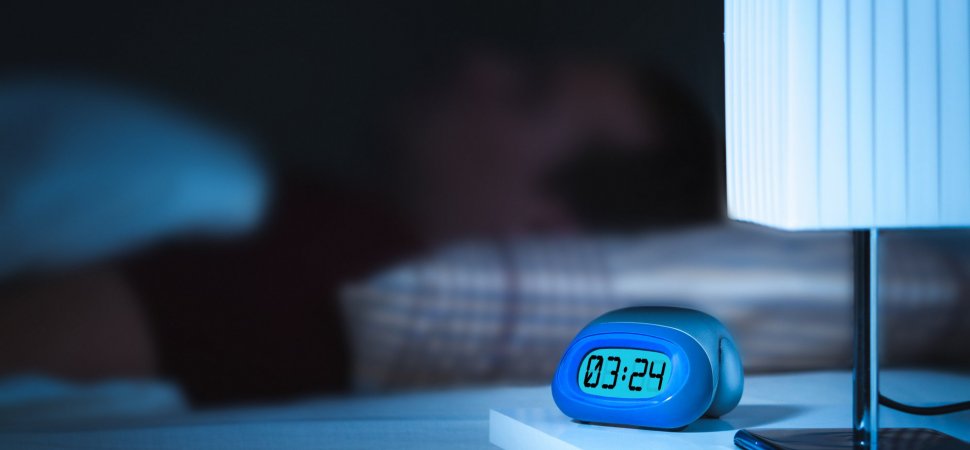Sleeping Away Your Stress Is the Ideal Way to Lower Anxiety, a Berkeley Study Finds

If you’re stressed about work, or an upcoming product launch, or the million other things that can raise your anxiety, science has a simple solution that’s remarkably simple, but it’s going to take a chunk out of your schedule. Well, not so much take up part of your schedule, as re-assert its rightful place in your routine.
I’m taking about sleep: good, old-fashioned, out-like-a-light deep sleep.
New research published in Nature Human Behaviour by UC Berkeley scientists suggests that one of the functions of non-rapid eye movement (NREM) slow-wave sleep is to help reset your anxiety-ridden brain.
“We have identified a new function of deep sleep, one that decreases anxiety overnight by reorganizing connections in the brain,” said study senior author and neuroscience professor Matthew Walker, in a release. “Deep sleep seems to be a natural (anxiety inhibitor), so long as we get it each and every night.”
This probably doesn’t come as a shock that there could be a link between restful sleep and anxiety, but the study strengthens the evidence of such a connection. The authors go so far as to point to sleep as a possible non-pharmaceutical remedy for anxiety disorders.
“Our study strongly suggests that insufficient sleep amplifies levels of anxiety and, conversely, that deep sleep helps reduce such stress,” said lead author Eti Ben Simon, a postdoctoral fellow at Berkeley’s Center for Human Sleep Science.
The research involved monitoring the brain activity of young adults as they watched emotionally stirring videos. Volunteers watched the videos after a full night of sleep and after a sleepless night. Without sleep the subjects’ scans showed a shutdown of the medial prefrontal cortex, which helps regulate anxiety, while their brains’ deeper emotional centers were lighting up. A night with deep sleep restored everything to its proper balance.
“The findings suggest that the decimation of sleep throughout most industrialized nations and the marked escalation in anxiety disorders in these same countries is perhaps not coincidental, but causally related,” Walker said. “The best bridge between despair and hope is a good night of sleep.”
Ok, but it’s not always easy to get to that sort of deep, restorative sleep when you’re stressed, I hear you screaming at the screen.
Fortunately, the researchers at Berkeley have a handful of helpful tips to get you there:
- Go to bed and wake up at the same time every day, even after a bad night’s sleep or on the weekend.
- Keep your bedroom temperature cool; about 65 degrees Fahrenheit is optimal for cooling your body toward sleep. Wear socks if your feet are cold.
- An hour before bedtime, dim the lights and turn off all electronic screens and devices. Blackout curtains are helpful.
- If you can’t sleep, get out of bed and do something quiet and relaxing until the urge to sleep returns. Then, go back to bed.
- Avoid caffeine after 1 p.m. and never go to bed tipsy. Alcohol is a sedative, and sedation is not sleep. It also blocks your REM dream sleep, an important part of the sleep cycle.
And if that doesn’t work, a book that’s not too exciting and not too boring usually does it for me. About time you caught up on the classics, right? Sweet dreams and enjoy a more mellow tomorrow.
